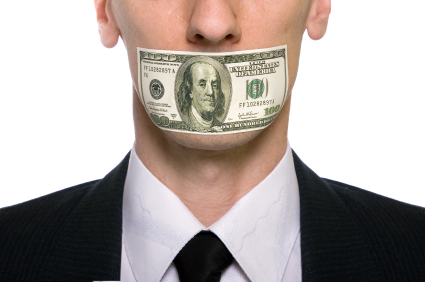
Could it be that current housing prices are not real? Are houses undervalued? Are current prices as artificially low as they were artificially high in 2006?
Something to consider for many market watchers and analysts is that the majority of homeowners are current on their mortgages and fifty percent of home owners have title to their house. These individuals are not participating in the current market. These home owners wouldn't even consider selling at 140% of current appraised values. Most crucially these are the true sellers.
Right now housing prices are determined by transactions between willing buyers and unwilling sellers (i.e. banks, unemployed workers, and forced sellers). This is not a traditional market. It is certainly not an efficient equilibrium- it is a slaughter.
Even with the enormous amounts of inventory coming on line from short-sales and foreclosures, this inventory is a mere fraction of the total houses in existence. So there are seven million foreclosures, so what? That is nothing for a growing population of 330 million strong. The United States needs substantial amounts of additional housing year after year and with home builder's sidelined with prices significantly below their costs to construct, the Country is pure and simply running in a supply deficit in the long run.
For buyers the current situation is an absolute blessing. First time home buyers, investors and people with impeccable timing have gotten a windfall. They are buying an asset for less than its input cost (the materials, land cost and permits to build the house are higher than the sale price). This cannot sustain itself in the long run. Even better for the US economy these home purchases are easily fitting into the purchaser's budget. Seriously, we are talking mortgage payments at 10-15% of the buyer's monthly income. What does that equate to? Disposable income.
Take my friend Dr. C for example. Dr C. paid $550,000 for his home and added $250,000 in cash upgrades and modifications. He also 1031 exchanged an investment into another home at $440,000 as an investment property. Both homes are currently appraised at 50% or less than his basis in these homes. However, if a buyer offered to purchase either of these properties, the offer would not be accepted for anything less than his investment. So what is his home worth? Well, we cannot answer the question because their is no willing buyer or seller to fill the transaction.
The point here is that just as buyers were artificially created by creative financing in 2002-2006 to meet seller's demands, now artificial sellers are catering to buyer's demands. I cannot tell you what the "right" price is, but I can assure you this isn't it. In our Country's more intelligent and logical past, housing prices could be derived either by median income of a given area or as a factor of market rents in an area. In an effort to be concise the reader should see Benjamin Graham and David Dodd's Securities Analysis 1934 to learn these principles. Simply stated, stock prices should be reflective of the earnings of that company in a direct analysis or current bond returns in an alternative analysis- so the same is true of housing prices by the above methods.
If all this is too complicated, simply stated this too shall pass.




